Life
Sign up for our newsletter
We summarize the week's scientific breakthroughs every Thursday.
-
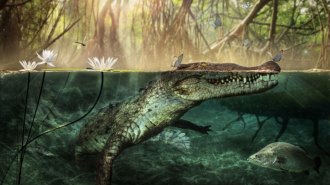 Paleontology
PaleontologyAn ancient skull hints crocodiles swam from Africa to the Americas
A group of crocs, or at least one pregnant female, may have made a transatlantic journey millions of years ago to colonize new land.
-
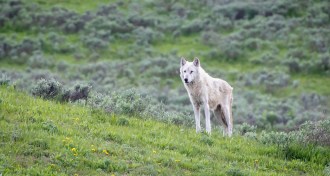 Animals
AnimalsHow Yellowstone wolves got their own Ancestry.com page
Since the wolves’ reintroduction to the park, 25 years of devoted watching has chronicled bold moves, big fights and lots of puppies.
By Susan Milius -
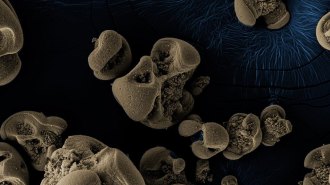 Microbes
MicrobesScientists stumbled across the first known manganese-fueled bacteria
A jar left soaking in an office sink helped scientists answer a century-old question of whether bacteria can use manganese for energy.
-
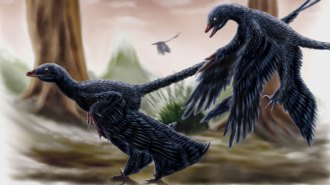 Paleontology
PaleontologyThis dinosaur may have shed its feathers like modern songbirds
One of the earliest flying dinosaurs, the four-winged Microraptor, may have molted just a bit at a time so that it could fly year-round.
-
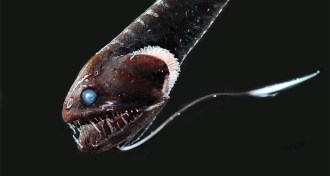 Animals
AnimalsHow some superblack fish disappear into the darkness of the deep sea
Some fish that live in the ocean’s depths are superblack as a result of a special layer of light-absorbing structures in the skin.
-
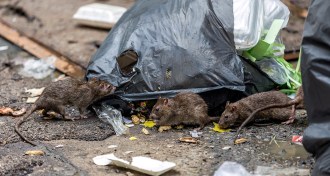 Animals
AnimalsThe ‘ratpocalypse’ isn’t nigh, according to service call data
A new study shows that rat-related reports in New York City went down during COVID-19 lockdowns compared with previous years during March and April.
-
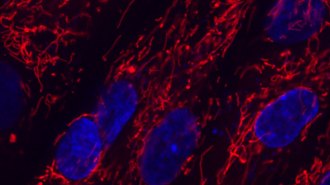 Genetics
GeneticsA bacterial toxin enables the first mitochondrial gene editor
Researchers have engineered a protein from bacteria that kills other microbes to change DNA in a previously inaccessible part of the cell.
By Jack J. Lee -
 Neuroscience
NeuroscienceBoosting a liver protein may mimic the brain benefits of exercise
Finding that liver-made proteins influence the brain may advance the quest for an “exercise pill” that can deliver the benefits of physical activity.
-
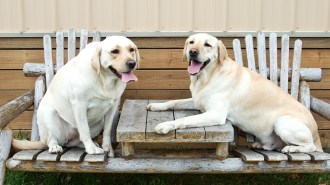 Animals
AnimalsCalculating a dog’s age in human years is harder than you think
People generally convert a dog’s age to human years by multiplying its age by seven. But a new study shows the math is way more complex.
-
 Genetics
GeneticsSouth Americans may have traveled to Polynesia 800 years ago
DNA analyses suggest that Indigenous people from South America had a role in the early peopling of Polynesia.
By Bruce Bower -
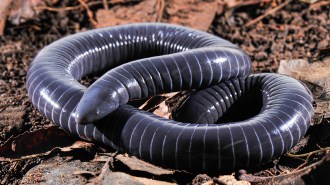 Life
LifeBizarre caecilians may be the only amphibians with venomous bites
Microscope and chemical analyses suggest that, like snakes, caecilians have glands near their teeth that secrete venom.
-
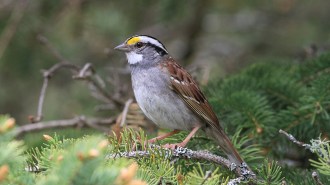 Animals
AnimalsA sparrow song remix took over North America with astonishing speed
A variation on the white-throated sparrow’s song spread 3,300 kilometers in just a few decades.
By Jack J. Lee